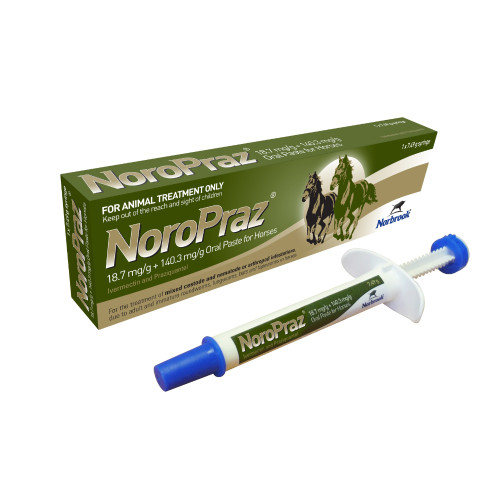
Quote My Yard
Equisal Horse Tapeworm Test Kit
Bulk Discount
Buy 10 or above and get £0.49 off
The innovative EquiSal Tapeworm Test was developed at Austin Davis Biologics Ltd by a team of experienced scientists (one of whom was an inventor of the Clear Blue pregnancy test).
The innovative EquiSal Tapeworm Test was developed at Austin Davis Biologics Ltd by a team of experienced scientists (one of whom was an inventor of the Clear Blue pregnancy test). The test measures specific anti-tapeworm antibodies in saliva by means of a combination of enzymelinked immunosorbent assays (ELISAs).
Each sample is analysed with integrated tests of the saliva, to account for variations in saliva flow and impacts of diet. Saliva is collected by the horse owner using a unique saliva collection swab. An indicator zone turns pink when the required volume has been collected. A complex algorithm is applied to de-convolute data from the integrated ELISA tests to deliver an EquiSal diagnosis of tapeworm burden. EquiSal Tapeworm Test has been carried out using saliva samples taken from horses in which the level of tapeworm burden had been identified macroscopically at post mortem. Tapeworm burdens were classified into 3 levels; low having no detectable tapeworm present at the ileocaecal junction and adjacent areas, moderate having 1-19 tapeworm present, and high having 20+ tapeworm present.
During the statistical analysis, the moderate and high burdens were grouped together to form a moderate/high group. Saliva samples from a total of 104 horses were statistically analysed using a number of different methods, including sensitivity and specificity. A borderline result can also be assigned according to the statistical analysis. Treatment is recommended for both borderline and moderate/ high diagnoses. A sensitivity of 83% means that 17% of horses identified with tapeworms at post mortem were misclassified as negative by the test. Its important to emphasise that the misclassified 17% had a burden generally considered not to be pathogenic, amounting to no more than 20 tapeworms (in most cases, much less). The evidence shows, therefore, that the EquiSal Tapeworm Test correctly identifies all pathogenic burdens, ensuring that treatment is recommended for all cases where control measures are imperative. The statistical evidence shows that the EquiSal Tapeworm Test has an appreciably higher accuracy than seen with previously reported blood tests for tapeworms. The take-home message is that, at last, a reliable tapeworm testing service exists that allows horse owners to collect samples themselves. EquiSal Tapeworm Testing can be simply and easily incorporated into targeted worming strategies to determine whether individual horses need treating for tapeworms. Users can be confident that treatment will be recommended when needed. When should you test for tapeworm? We recommend that horses are tested every 6 - 12 months depending on the individuals risk factor as also recommended by experts in the UK-Vet equine deworming consensus. The first EquiSal test should be carried out four months after the last deworming treatment for tapeworm. Horses with a borderline or moderate/high diagnosis and those judged to be in higher risk environments should be retested more frequently to determine whether additional treatment is required; a retest can be carried out two to three months after worming treatment for tapeworm.
It is common for horses to be diagnosed with tapeworm infections in their first test despite regular anticestode use. In these cases, annual or 6 monthly treatments have not been effective at maintaining a healthy balance, resulting in chronic infection broken briefly by anthelmintic dosing, only for infection to reoccur. It is important to be diagnostic-led and consider targeting doses more often to help break the tapeworm life cycle, decrease pasture contamination, and therefore reduce the horses risk of reinfection. This strategy, together with good pasture management, can help to prevent chronic infection and enables more efficient management of tapeworm infections. When taking a saliva sample make sure that your horse has abstained from eating for 30 minutes prior to the sample being taken Even picking up a few morsels of hay from the floor can be enough to effect the result We have a video here which shows just how to take the sample for tapeworm testing
https://www.youtube.com/watch?v=Vj5KymkVeps&t=33s
100% Refund Guarantee
We're committed to honestly selling high quality products of which we are confident you will enjoy using. However, from time to time individual customers may wish to return their items for one reason or another, this can often be a stressful time but we pledge to make it as simple and easy as possible. Full information can be found in our Terms & Conditions, but if you have any questions, please feel free to contact us and we'll be happy to help.








